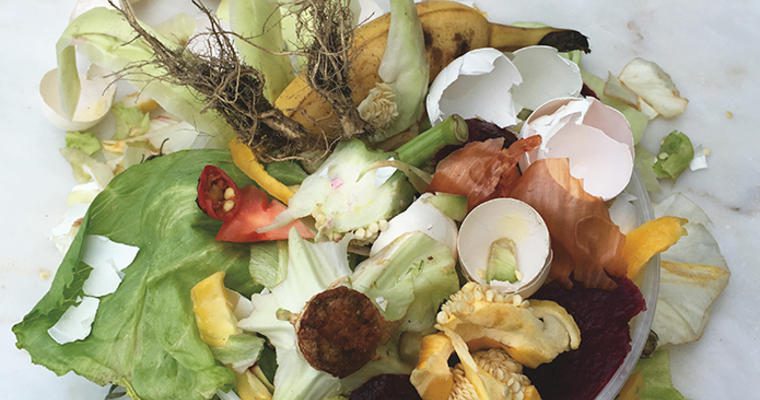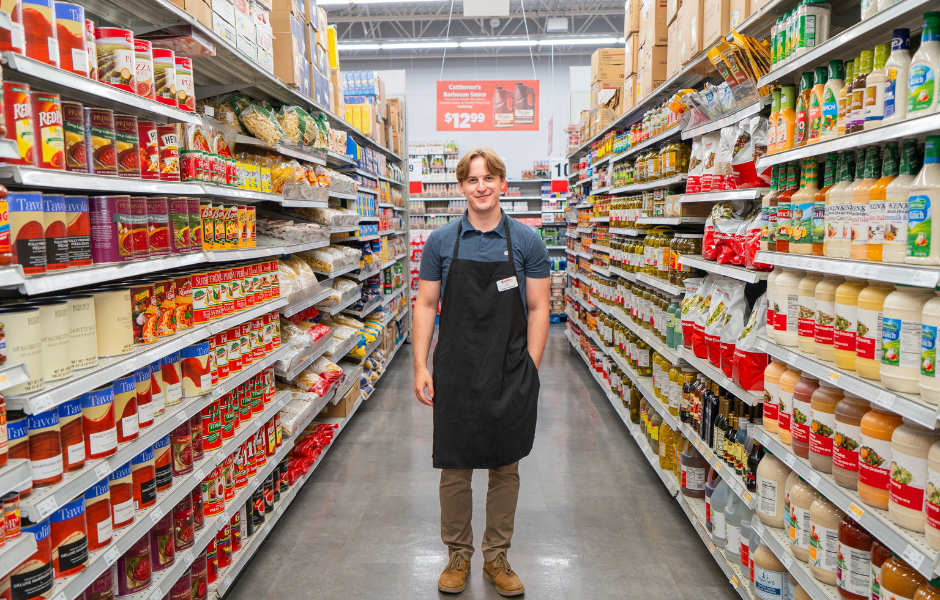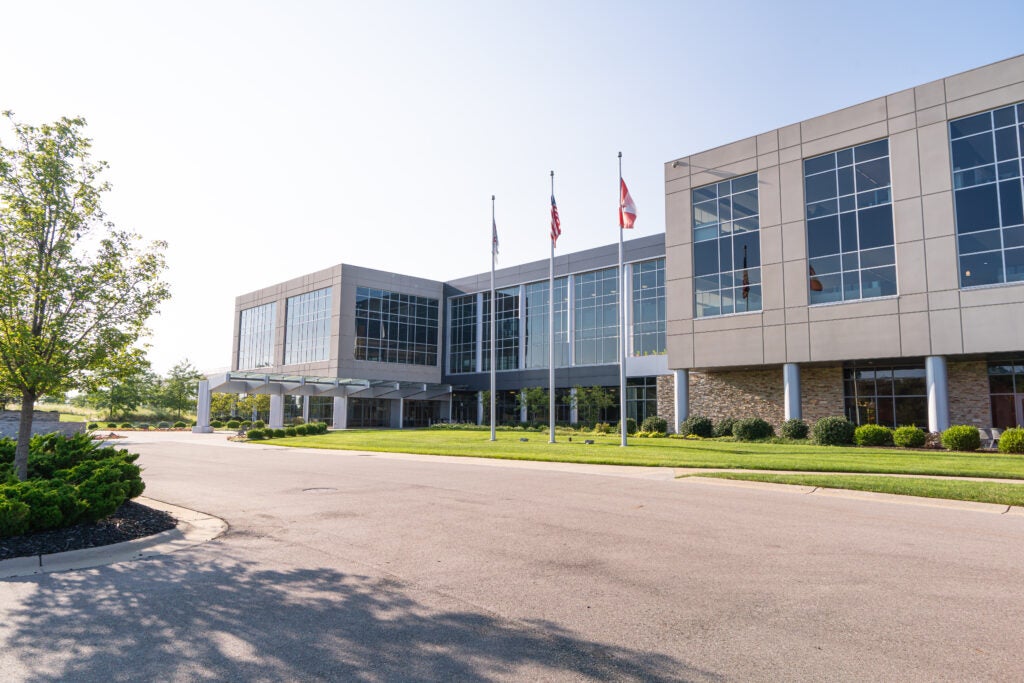More than 22 million pounds of uneaten food is thrown away on college campuses each year, according to Food Recovery Network, a nonprofit organization dedicated to reducing food waste at higher education institutions. That’s an average of 142 pounds of waste per student, calculates RecyclingWorks in Massachusetts.
All of that food going to landfills translates to dollars going down the drain for dining departments—and absorbing the cost of this waste into the departmental budget means less money for program improvements.
But cost isn’t the only factor driving more colleges and universities to address this and other environmental impacts. Simply put, colleges are listening to their customers. Today’s students are passionate about protecting the planet—and they’re eager to support their schools in doing so.
The Food Recovery Network was founded by University of Maryland students in 2011 to fight food waste and hunger. It has since gone on to establish chapters at colleges in 44 states and the District of Columbia. It’s just one of a number of national organizations aimed at empowering students to drive change.
While cost and customer satisfaction are tremendous motivating forces, the reality is that many colleges are tackling food, energy and water waste because they feel it’s the right thing to do.
Such is the case with the University of Notre Dame, a Catholic research university located adjacent to South Bend, Indiana.
“Caring for the earth is part of our value system here,” says Cheryl Bauer, Associate Director, Sourcing & Sustainability for the university. “That responsibility was described in Pope Francis’ encyclical on the environment. And it’s something our Senior Director of Campus Dining, Chris Abayasinghe, has been instrumental in pushing forward in foodservice.”
Tackling food waste
Campus Dining serves more than 11,000 meals each day through nearly 30 eating establishments, including two student dining halls. In 2015, the department implemented the LeanPath food waste prevention program with the assistance of Gordon Food Service. LeanPath technology enables users to weigh and track all pre-consumer food waste—that is, food thrown away before it makes it to the plate.
“We put LeanPath systems in our dining halls and the Center for Culinary Excellence, which houses our catering kitchen, cook and chill operation, bakery and Grab-n-Go program,” Bauer explains. “During an eight-week trial period, we weighed everything we disposed of and came up with a number representing our ‘normal waste.’ That was the baseline against which we would measure improvement.”
The improvement has been dramatic. From November 2015 through June 2017, Campus Dining reduced food waste by 53 percent, diverting nearly 349,000 pounds from the landfill and saving roughly $365,000.
Bauer credits employees for making the system work. “It changed the way they do their jobs—taking two extra minutes to log on and weigh food can be a challenge when we’re really busy, but they do it. And because they prepare the food, they have the best insights and suggestions for improvement.”
Reducing, recycling, reusing
LeanPath has inspired changes in the amount of food ordered and produced, how product is trimmed and even the way it is displayed. “It gives us all a great feeling of accomplishment,” Bauer says.
That sense of accomplishment is extended to students via various post-consumer waste reduction programs. Waste-Free Wednesdays, Waste and Weigh surveys, and an educational “wasted food” poster campaign in dining halls encourage diners to take only what they plan to eat, as do smaller trays and support for trayless dining.
What isn’t reduced is recycled. Food scraps are processed through garbage disposals and the university’s wastewater system to the municipal wastewater treatment plant, where solid waste is removed and used in agricultural applications. An oil reclamation company picks up waste grease and cooking oils from the dining halls for reprocessing into usable products. Students transport leftover cooked food that meets food safety requirements to area charities.
Conservation efforts go well beyond food. Reusable dishware, eco-friendly to-go containers and discounts for customers who bring their own mugs help cut paper waste. “We’ve eliminated Styrofoam cups across campus and removed paper bags from the Grab ‘n Go operation,” Bauer adds. This reduces waste-hauling costs.
Saving energy and water
The department purchases Energy Star appliances whenever possible to minimize water, gas and electrical use and has established energy- and water-saving warewashing protocols. Preventive maintenance ensures that equipment performs at peak energy efficiency. Even the choice of Gordon Food Service® as prime vendor was driven in part by energy conservation. “We’re reducing fossil fuel consumption by limiting the number of truck deliveries that come to our campus,” Bauer says.
All of this is part of a campuswide effort overseen by the Office of Sustainability, which developed a comprehensive sustainability strategy addressing energy and emissions; water; building and construction; waste; procurement, licensing and food sources; and education, research and community outreach.
There is a price tag associated with getting your sustainability efforts off the ground, Bauer acknowledges. But Notre Dame’s experience shows that waste reduction and other sustainability strategies can have save money and increase customer satisfaction.
Energy-Efficiency Tips
A few simple ways to cut costs:
Food Prep. Institute an equipment startup and shutdown schedule; use timers and idle/set-back modes for broilers, ovens, steam tables and other equipment.
Refrigeration. Replace damaged door gaskets, clean coils, repair strip curtains and door closers.
Lighting. Use compact fluorescent lamps (CFLs), clean all fixtures, install occupancy sensors.
Air. Install programmable thermostats, optimize exhaust fans, rebalance ventilation systems.











